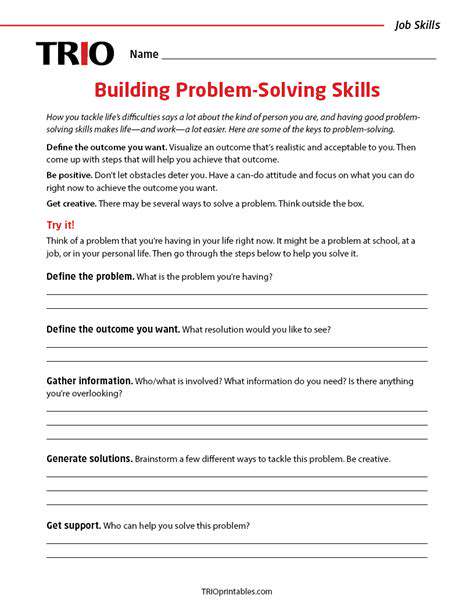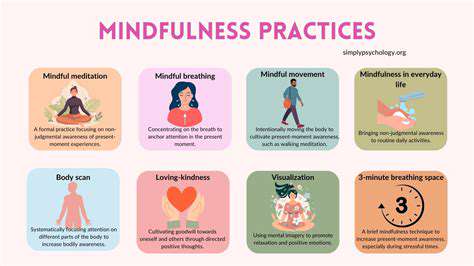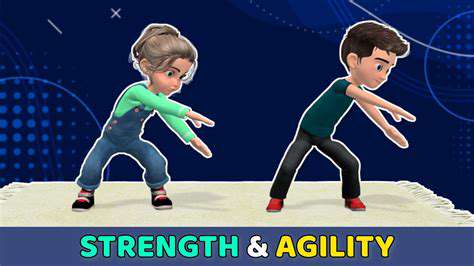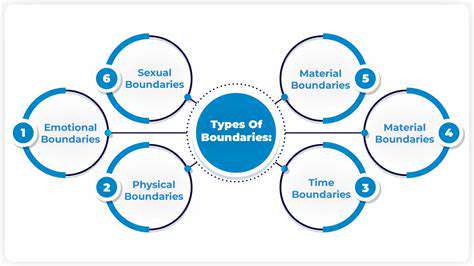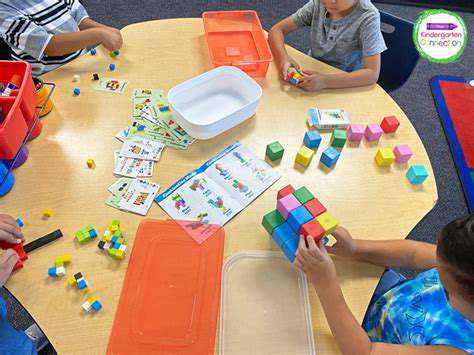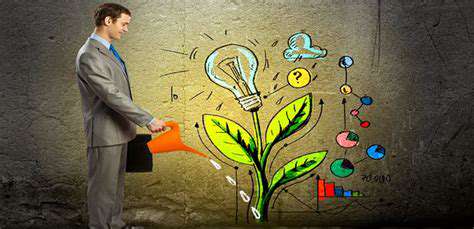Toddler Development Milestones: A Month by Month Guide
Early Reflexes and Their Importance
During the first three months of life, infants are equipped with a fascinating array of reflexes that are crucial for their survival and development. These reflexes, like the rooting reflex (turning toward a touch on the cheek) or the sucking reflex, are involuntary responses to stimuli. While these reflexes serve essential functions in the early stages, they gradually fade as the infant's brain matures and develops more complex motor skills. Observing these reflexes can provide valuable insights into the infant's neurological development and overall health, and it is important to be aware of their presence and function.
Understanding the presence and progression of these reflexes is critical for parents and caregivers. The absence or unusual patterns of these reflexes might indicate underlying neurological issues. Regular checkups with pediatricians are essential to monitor the development of these reflexes and ensure that the infant is progressing as expected. This early detection can be vital in addressing any potential concerns promptly.
Sensory Exploration and Development
From the moment they enter the world, infants are actively engaged in exploring their environment through sensory experiences. They are learning about the world through touch, sight, sound, taste, and smell. These early sensory experiences lay the foundation for future cognitive and social development. The infant's responses to stimuli, whether it's a bright light or a soft touch, help shape their understanding of the world around them, and promote healthy brain development.
The development of sensory exploration in the first three months is characterized by simple, yet critical, interactions. For instance, an infant might react to a bright light by turning their head or widening their eyes. These seemingly small responses are important indicators of their developing sensory systems. Careful observation of these early sensory responses is key to understanding the infant's growing awareness of the surrounding world.
Babies are constantly learning and adapting to their environment, and the sensory experiences they encounter in this crucial first trimester are essential for future development. Through these interactions, infants learn about the world and form the foundation for future learning and understanding.
Stimulating different senses, like presenting various textures or sounds, can also contribute to enriching the sensory experience. However, it's crucial to avoid overwhelming the infant with excessive stimulation, allowing their sensory system to process the information at their own pace.
The experiences of the first three months are fundamental to the child's overall development, laying the groundwork for future cognitive and social skills.
This period is a time of rapid growth and development, and ensuring a supportive and stimulating environment is vital for their optimal progress.
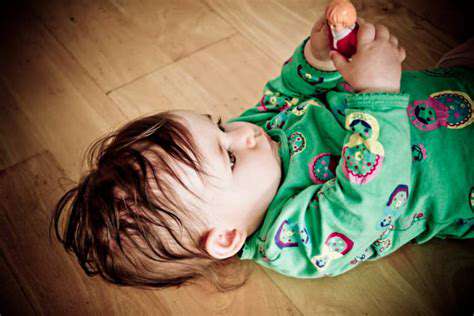
Defining your financial aspirations is crucial to crafting a lavish budget. Identifying specific, measurable, achievable, relevant, and time-bound (SMART) goals is paramount. Whether it's saving for a luxury vacation, upgrading your home, or investing in high-end experiences, clearly articulating these goals provides direction and motivation. This process allows you to prioritize your spending and allocate resources effectively towards achieving your desired lifestyle.
7 to 12 Months: Gross Motor Skills and Early Language
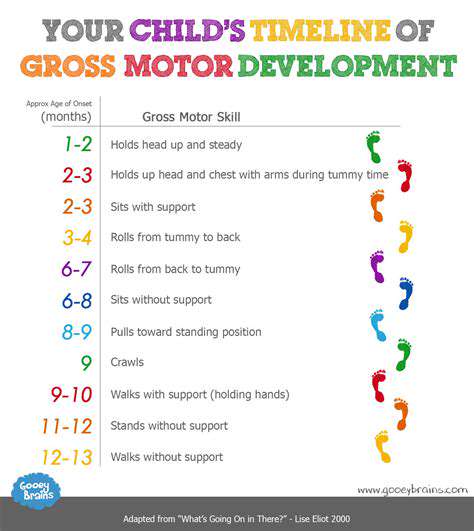
Gross Motor Skills Development
During this crucial period, infants and toddlers dramatically improve their gross motor skills, transitioning from basic reflexes to more complex movements. This development is a direct result of neurological maturation and consistent practice. Their ability to control their bodies becomes more refined as they explore their environment, engaging in activities like crawling, pulling up, and taking their first steps.
Crawling and Creeping
Crawling and creeping are fundamental stepping stones in developing gross motor skills. These movements involve coordinated use of arms and legs, enabling infants to explore their surroundings more independently. Mastering these skills provides a foundation for later locomotion and spatial awareness. It also strengthens muscles in the arms, legs, and core, preparing the child for more advanced activities.
Pulling Up and Standing
Pulling themselves up to a standing position, often using furniture or other supports, is a significant milestone. This demonstrates increasing strength and balance. Children are actively working on their proprioception and body awareness, learning to understand where their body is in space. This gradual progression towards independent standing is a vital part of their overall development.
Walking
Walking, arguably the most significant gross motor skill acquired during this period, marks a major leap in independence and exploration. It opens up a whole new world of possibilities for discovery and interaction with the environment. As children gain confidence and practice, their gait becomes smoother and more controlled. It's important to provide a safe and encouraging environment for this critical development.
Jumping and Running
Jumping and running, building on the foundation of walking, demonstrate increasing coordination and balance. Children start to experiment with different movements, refining their understanding of spatial relationships and their ability to propel themselves. These activities are vital for developing cardiovascular health and overall physical fitness.
Climbing and Stair-Climbing
Climbing and navigating stairs are more advanced gross motor skills that emerge during this stage. These activities require significant coordination and balance, strengthening muscles and improving spatial awareness. Climbing provides opportunities for problem-solving and mastering different movement patterns. Successfully navigating stairs showcases a child's growing understanding of depth perception and balance control.
Throwing and Catching
Throwing and catching objects are important gross motor skills that develop alongside other movements. These skills involve arm and hand coordination, eye-hand coordination, and spatial awareness. Throwing and catching games not only develop motor skills but also foster social interaction. As these skills improve, children can engage in more complex play activities and interactions with others.


